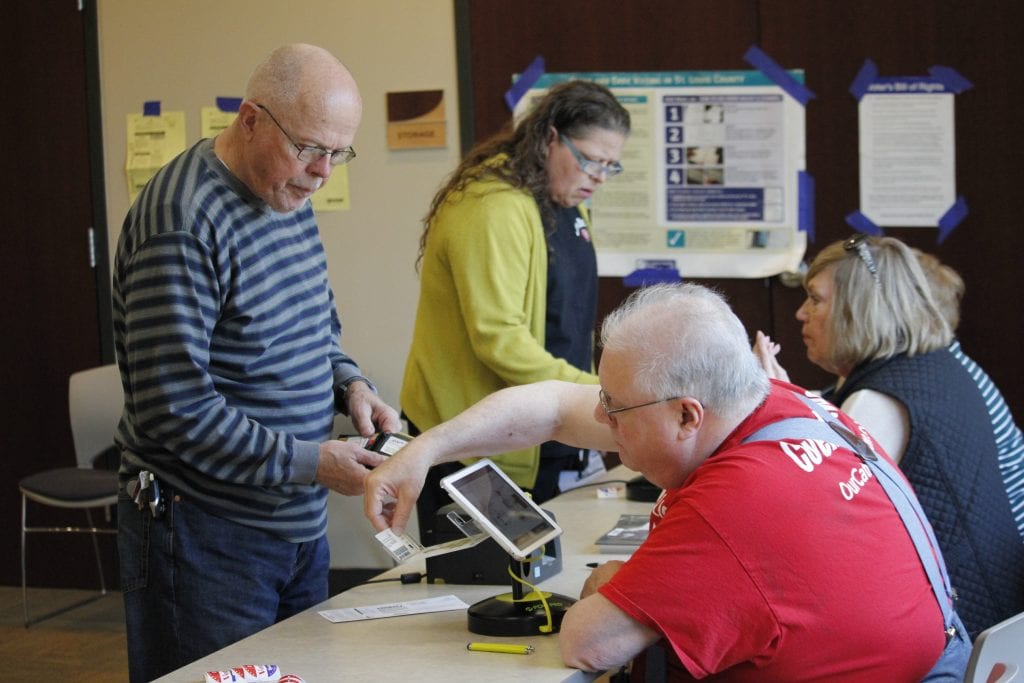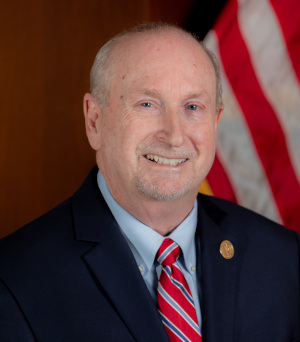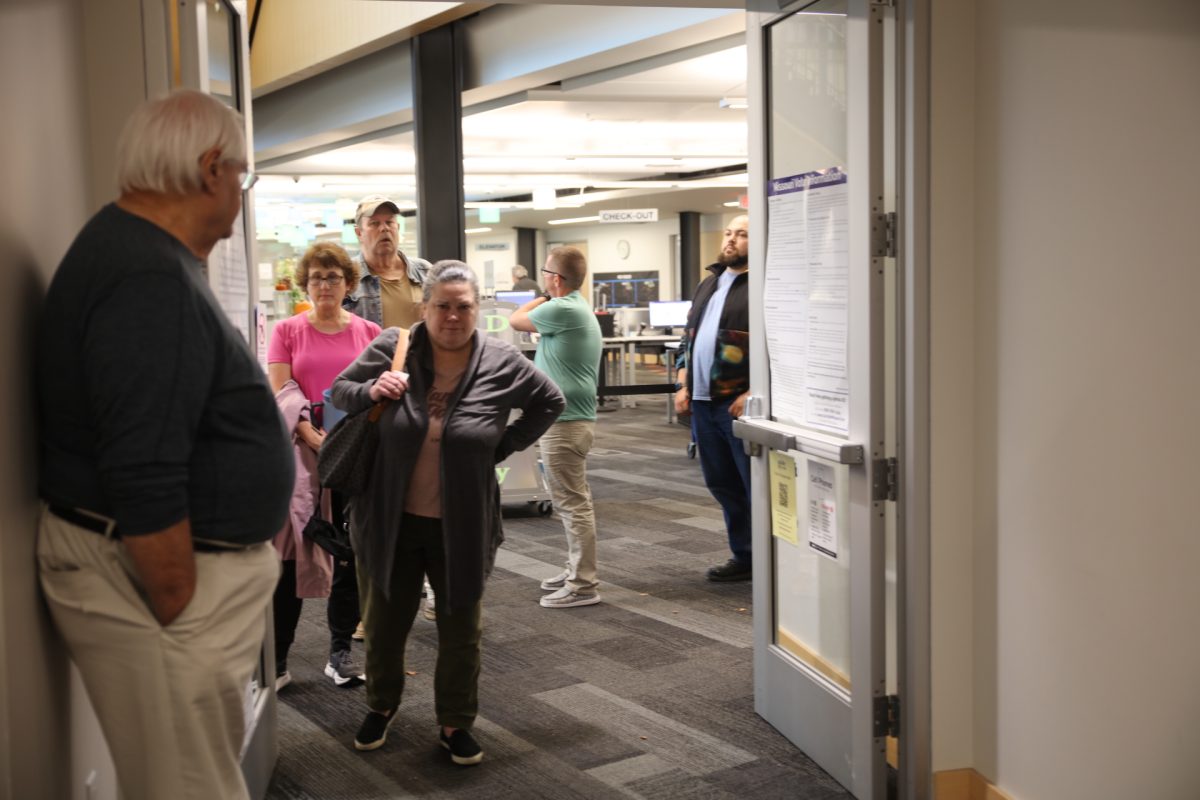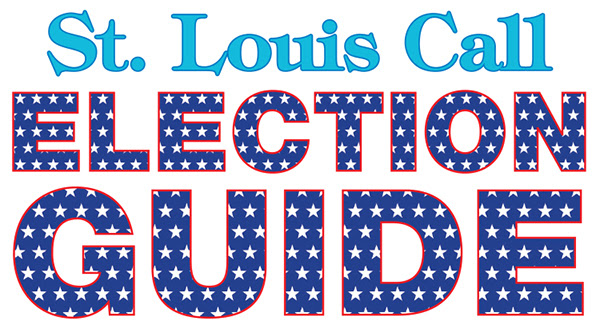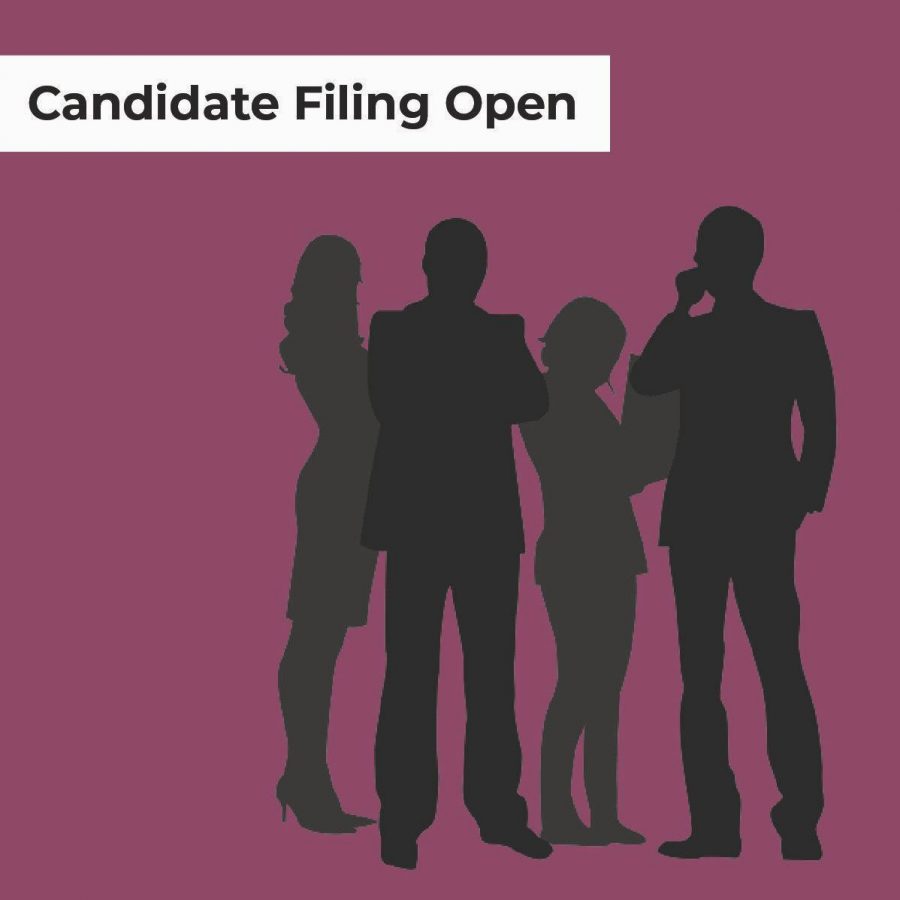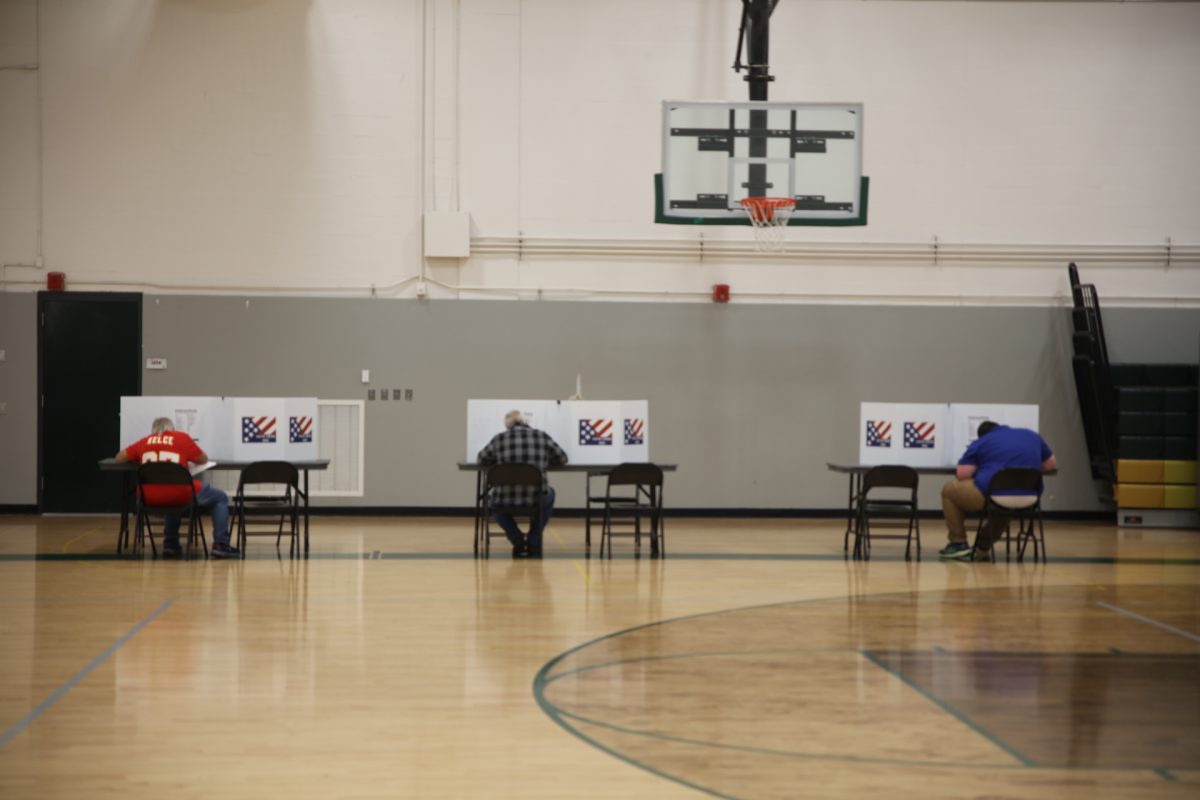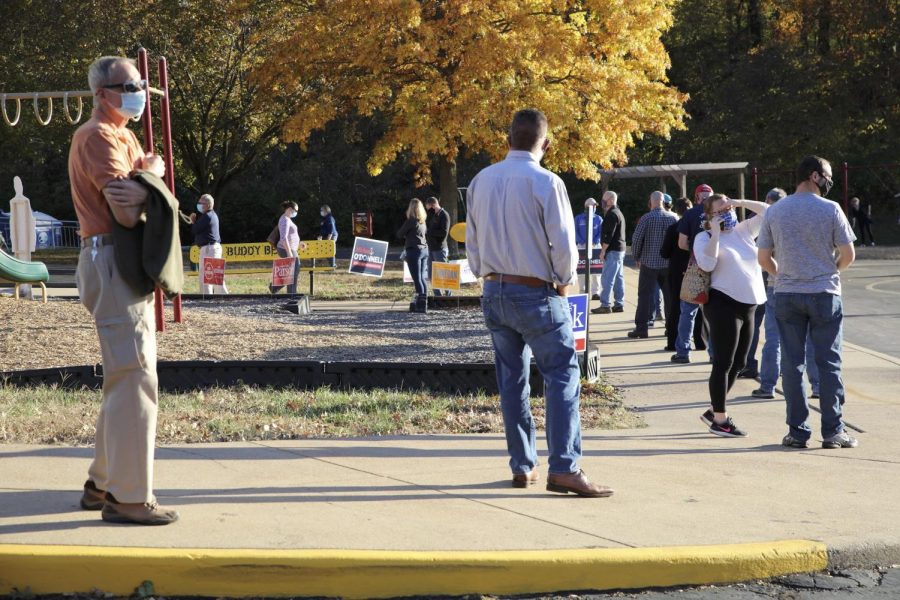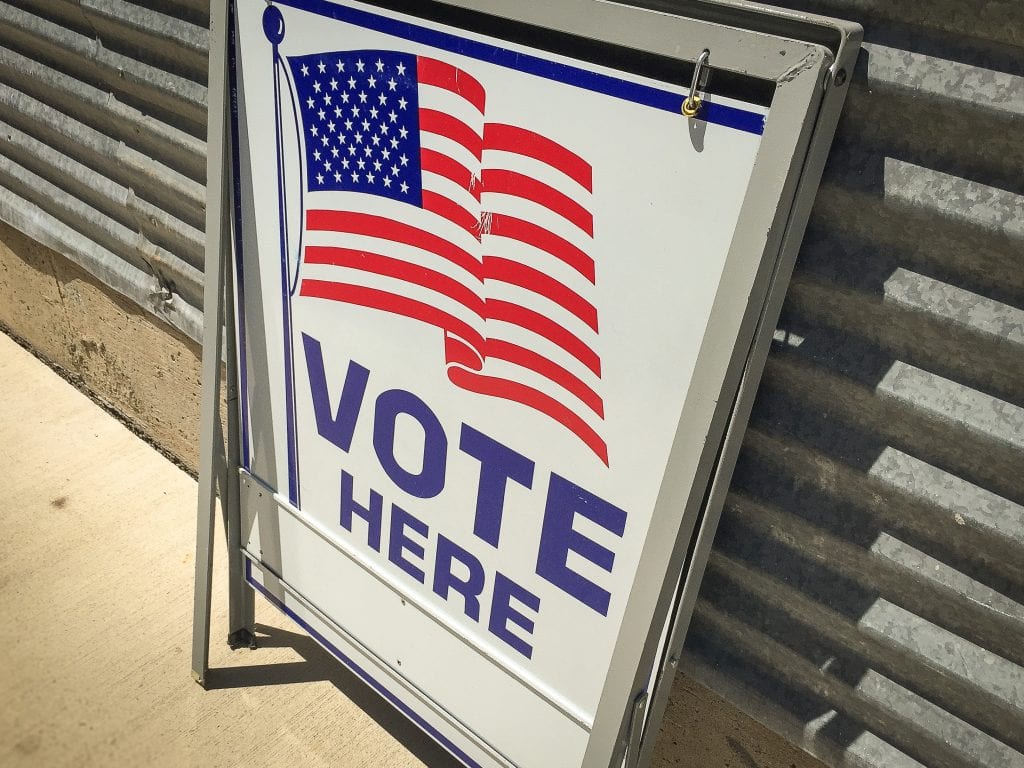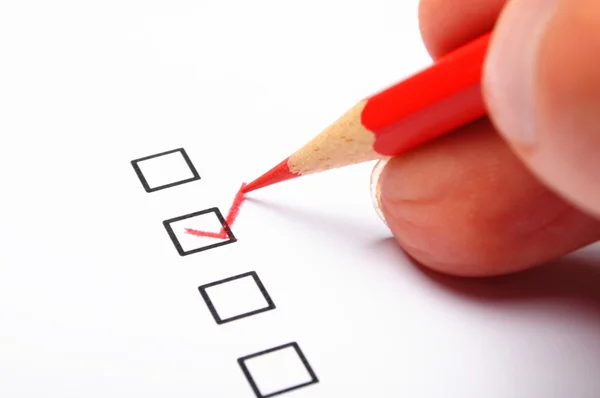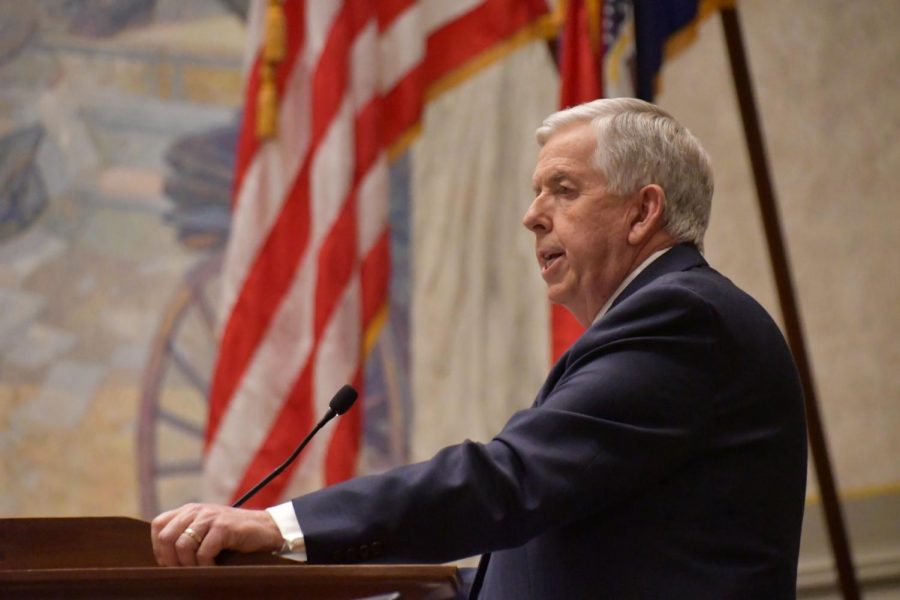In an effort to make up for declining sales-tax revenue as brick-and-mortar stores close, Sunset Hills residents will be voting April 6 whether to establish a “use tax” on out-of-state purchases that will be used in the city.
Three of the city’s four wards will also see competitive races between newcomers to city office. For candidate questionnaires in the Ward 2 and Ward 4 races, see the Feb. 25 print issue of The Call, and see the Ward 3 candidate questionnaire in the upcoming April 1 print edition.
The Board of Aldermen unanimously decided Dec. 8 to place a use tax on the April 6, 2021 ballot, with no discussion by aldermen.
“Proposition U,” if passed by voters, will impose a local use tax at the same rate as the city’s sales tax, 1.25 percent, on purchases from companies outside the state on taxable items that will be stored, used or consumed within the city. If the purchase would have been subject to a sales tax if it had been made in the purchaser’s state of residence, then a use tax is due. Residents will be required to file a use tax return if purchases from out-of-state vendors do not exceed $2,000 in a calendar year.
The idea was introduced by Mayor Pat Fribis in November, when the aldermen first directed City Attorney Robert E. Jones to draft an ordinance.
“A use tax is a tax based on internet sales and also things that are leased in our community like cars, motel rooms,” said Fribis Nov. 10. “People coming into our community and … they have a right to use our roads, they have the right to use our parks, they use our police department and they are not paying any tax. … So a use tax would be a benefit to our community.”
Voters in neighboring Crestwood approved a use tax in April 2016, preceded by Richmond Heights in 2015. Most recently, Brentwood voters passed “Proposition 1” on Nov. 3, establishing a use tax in that city.
“Retail sales are declining and a use tax gives the city a chance to diversify our revenue stream and certainly stabilize the budget by taking over that loss of revenue from those in-person sales,” said City Administrator Brittany Gillett, who estimated that nearby cities are taking in $250,000 up to $600,000 in revenue.
Revenue from the use tax would also increase if the state Legislature passes the Wayfair Act, which would mandate that businesses without a physical presence in the state that make more than a certain number of transactions collect sales taxes.
That legislation would require online and out-of-state vendors to collect the tax themselves, without consumers having to file a use tax return.
Missouri is one of two states, along with Florida, that does not have a “Wayfair tax.” Efforts to pass a “Wayfair” bill last year fell short in part because of COVID-19. A substantially similar bill was introduced in the state Senate this year by Sen. Denny Hoskins, R-Jefferson City.
If Sunset Hills voters do not approve the use tax in April, the city will be unable to benefit from taxes from internet sales in the event that the state Legislature does pass a Wayfair bill.
“That would generate a lot of revenue for our city and all of our residents,” Fribis said.



